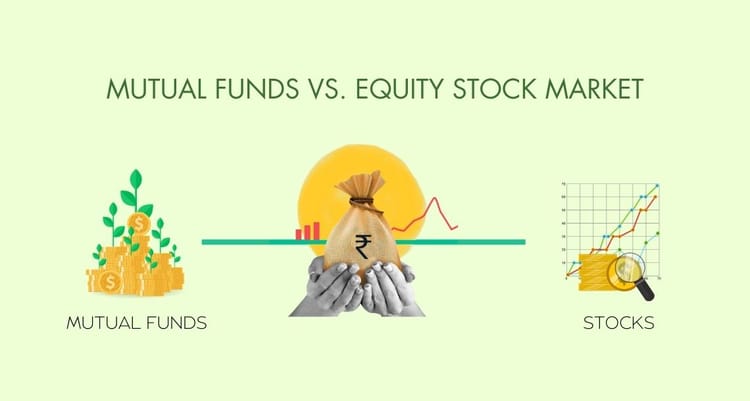“If You Want to Walk Fast, Walk Alone. If You Want to Walk Far, Walk Together.” – Ratan Tata

“If you want to walk fast, walk alone. If you want to walk far, walk together.”
— Ratan Tata
This iconic quote by Ratan Tata, one of India’s most respected business leaders, is more than just a line — it’s a life and leadership philosophy. It challenges the illusion of solo success and offers a timeless reminder about the power of collaboration.
In a world obsessed with hustle, speed, and “solo grind,” this quote brings back the value of relationships, teamwork, and shared vision — elements that build sustainable success.
Walking Fast vs. Walking Far — What Does It Mean?
At first glance, it seems like a trade-off between speed and sustainability. But if you go deeper, here’s what it really teaches:
Walking Fast — Alone:
- You make quick decisions without waiting for consensus.
- You’re agile, efficient, and in control.
- You avoid delays caused by aligning others.
But…
- You lack perspective.
- You carry the full weight of responsibility.
- You’re vulnerable to burnout, blind spots, and isolation.
Walking Far — Together:
- You build with shared knowledge and collective experience.
- You support each other through challenges.
- You build resilience and durability.
It may take longer, but you grow stronger — as a team, as a community, and as a legacy.
Why This Philosophy Matters in Life & Business
1. Leadership Is Not a One-Man Show
Ratan Tata’s own legacy — from saving the Tata Group during economic challenges to acquiring global giants like Jaguar-Land Rover — wasn’t built in isolation. It was a collective vision with trust, humility, and people-first thinking at its core.
2. Startups vs. Institutions
In startups, solo founders might move fast. But only those who build great teams and culture survive long-term.
- Walking fast is for projects.
- Walking far is for empires.
3. Personal Life Parallels
Whether it’s your career, marriage, or friendships — the relationships that go the distance are never about going ahead quickly. They’re about growing, adjusting, and moving forward together.
Where Do Most People Go Wrong?
- They confuse independence with isolation.
- They chase speed without direction.
- They think doing it alone proves strength, when in fact, building something together shows real leadership.
How to Apply This in Real Life
1. Build a Strong Tribe
Whether it’s colleagues, mentors, or friends — surround yourself with people who challenge and support you.
2. Practice Collaborative Decision-Making
Invite feedback. Ask questions. Let others share the load.
3. Focus on Shared Goals
Align your team, your partner, or your community around why you’re doing what you’re doing.
4. Redefine Success
It’s not how fast you reach a goal, but how many you can bring along and how long the impact lasts.
Final Thoughts
Ratan Tata’s quote is a reality check in today’s fast-paced, individualistic world.
Yes, walking fast feels satisfying.
Yes, walking alone may seem easier.
But walking far — where legacies are made, lives are touched, and dreams are realized — requires others.
So the next time you feel the urge to rush ahead solo, pause and ask:
Do I want to go fast, or do I want to go far?
🌱 Build together. Grow together. Win together.
❓ Frequently Asked Questions (FAQs)
1. What does Ratan Tata mean by “If you want to walk fast, walk alone?”
This part of the quote emphasizes that when you're alone, you can move quickly because there’s no need to wait for others, compromise, or coordinate. However, speed may come at the cost of sustainability, support, and perspective.
2. Why is “walking together” considered better in the long run?
Walking together represents collaboration, shared effort, and support systems. While it may slow down the pace, it builds stronger foundations, resilience, and long-term success — both in personal and professional life.
3. How can this philosophy be applied in business?
In business, especially in leadership or startups, success is rarely a solo effort. Sustainable companies are built on teams, culture, trust, and aligned goals. Walking together ensures better decisions, diverse perspectives, and scalable impact.
4. Isn’t moving fast important in today’s competitive world?
Yes, speed can offer competitive advantages — but only in the short term. Without depth, alignment, and a solid team, fast growth can lead to fragile systems. Long-term winners are those who balance speed with sustainability.
5. How does this apply to personal life?
In relationships, friendships, or personal goals, trying to go it alone might work for a while, but it often leads to burnout or loneliness. Having people to walk with — who share your journey — makes the experience more meaningful and durable.
6. Did Ratan Tata actually say this quote?
While versions of this quote exist in African proverbs and leadership circles, Ratan Tata has famously used it in interviews and speeches, making it deeply associated with his leadership philosophy and public image.
7. How can I shift from walking fast alone to walking far together?
- Start by valuing people over pace.
- Build trust and shared vision.
- Prioritize long-term outcomes over short wins.
- Be open to feedback and delegation.
- Invest in collective growth.






Member discussion